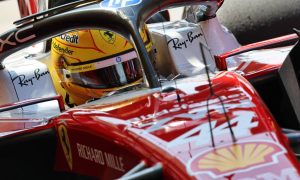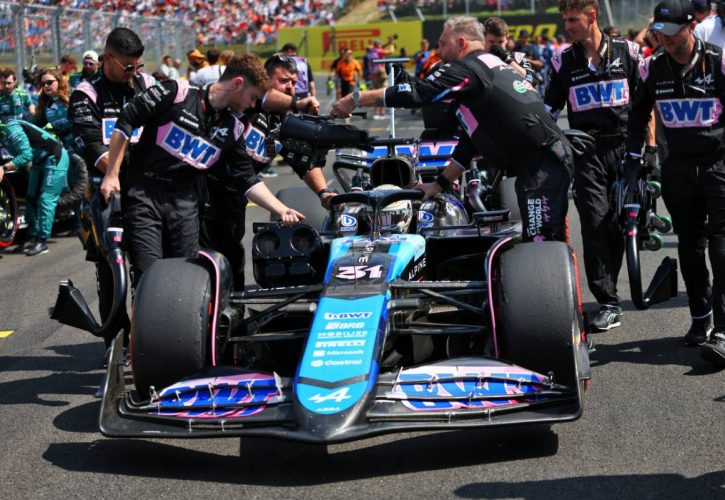
RB team boss Laurent Mekies says Alpine’s unexpected decision to drop its 2026 engine programme is “bad news” for F1 but insists it’s also an event the sport can “well afford” thanks to Audi’s arrival.
Alpine’s plan, initiated by parent company Renault, to rely in the future on an outside engine supplier – likely Mercedes – for its power unit needs came as a surprise to its rivals.
This was especially unforeseen given the significant investment and development efforts that have been poured into the manufacturer’s programme in recent years, but also considering the introduction in 2026 of F1’s new, more sustainable engine regulations.
The move marks a significant shift in the power unit landscape, reducing the number of OEMs (Original Equipment Manufacturers) involved in F1 and raising questions about the future of the sport's technological development.
“I think it’s always a bad news when you lose an OEM,” commented Mekies at Spa recently, quoted by Motorsport Week.
“And of course, from what Bruno [Famin – Alpine team boss] is saying, the OEM will stay as a team, but obviously, one of the big targets of these new regulations in 2026 was to attract more OEMs.
Read also:
“So ultimately, if it goes as Bruno said, it means that we’ll get plus one with Audi and minus one with Alpine. So I don’t think it’s a good news.
“However, it comes, luckily, at a time where there is many manufacturers in Formula 1.
“So I would say that the sport can well afford this change. But it’s never good news when we lose a PU manufacturer.”
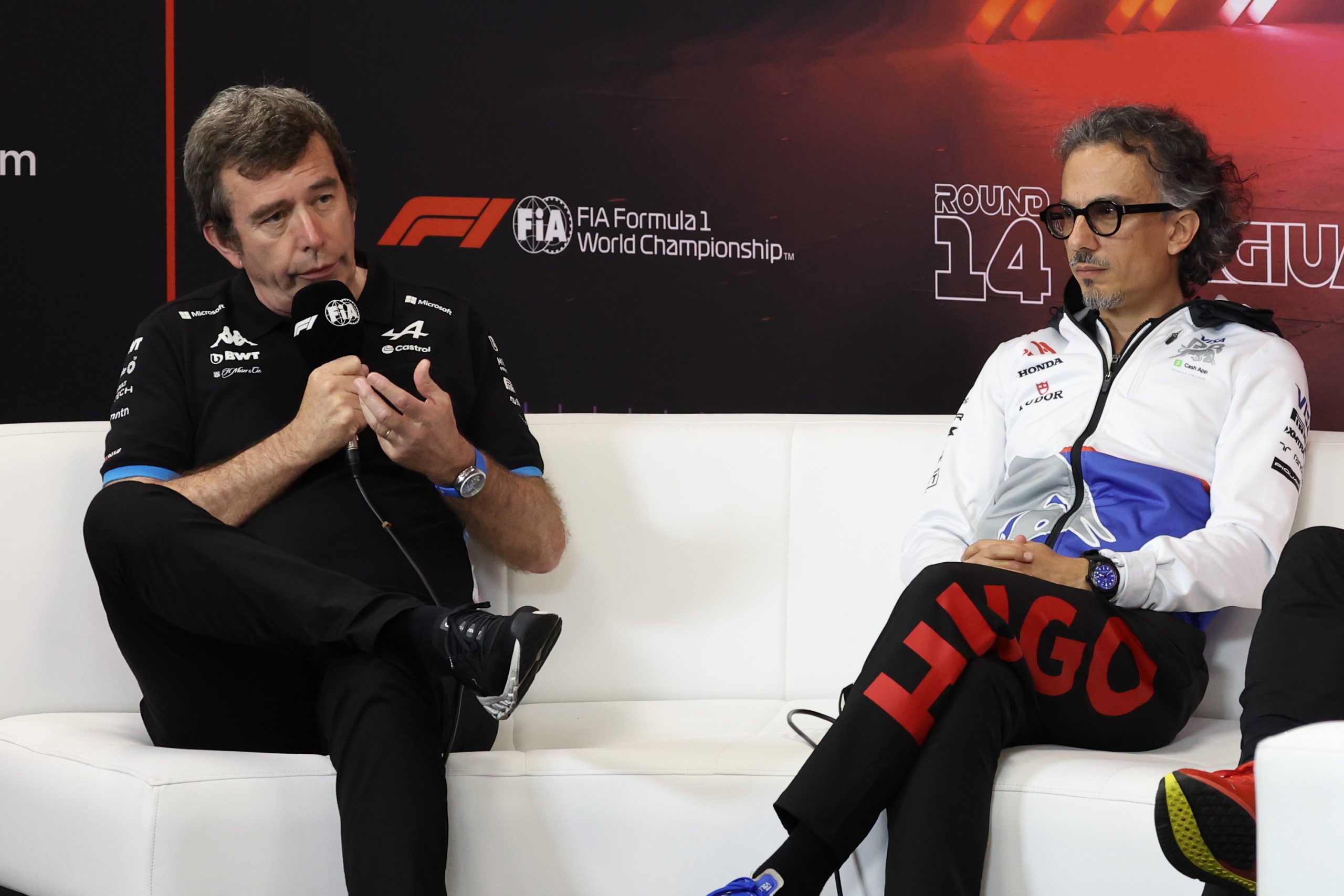
Several of Mekies' colleagues reacted with a mix of disappointment and understanding.
Sauber’s Alessandro Alunni Bravi was keen to distance Alpine’s decision from the allure of the new power unit regulations.
“It seems that this is a decision that is not linked, of course, to the new PU regulation or to the trajectory that Formula 1 is taking towards 2026,” he said.
Bravi instead highlighted the regulations’ success in attracting new manufacturers, citing Audi as a prime example.
“I think that the PU regulations are very attractive for new manufacturers and of course Audi is the perfect example that thanks to this new regulation there is an interest from the automotive, you know, to be in Formula 1.
“Because it’s the pillar of the technology and the best, you know, testing bench for the future mobility technical solutions.”
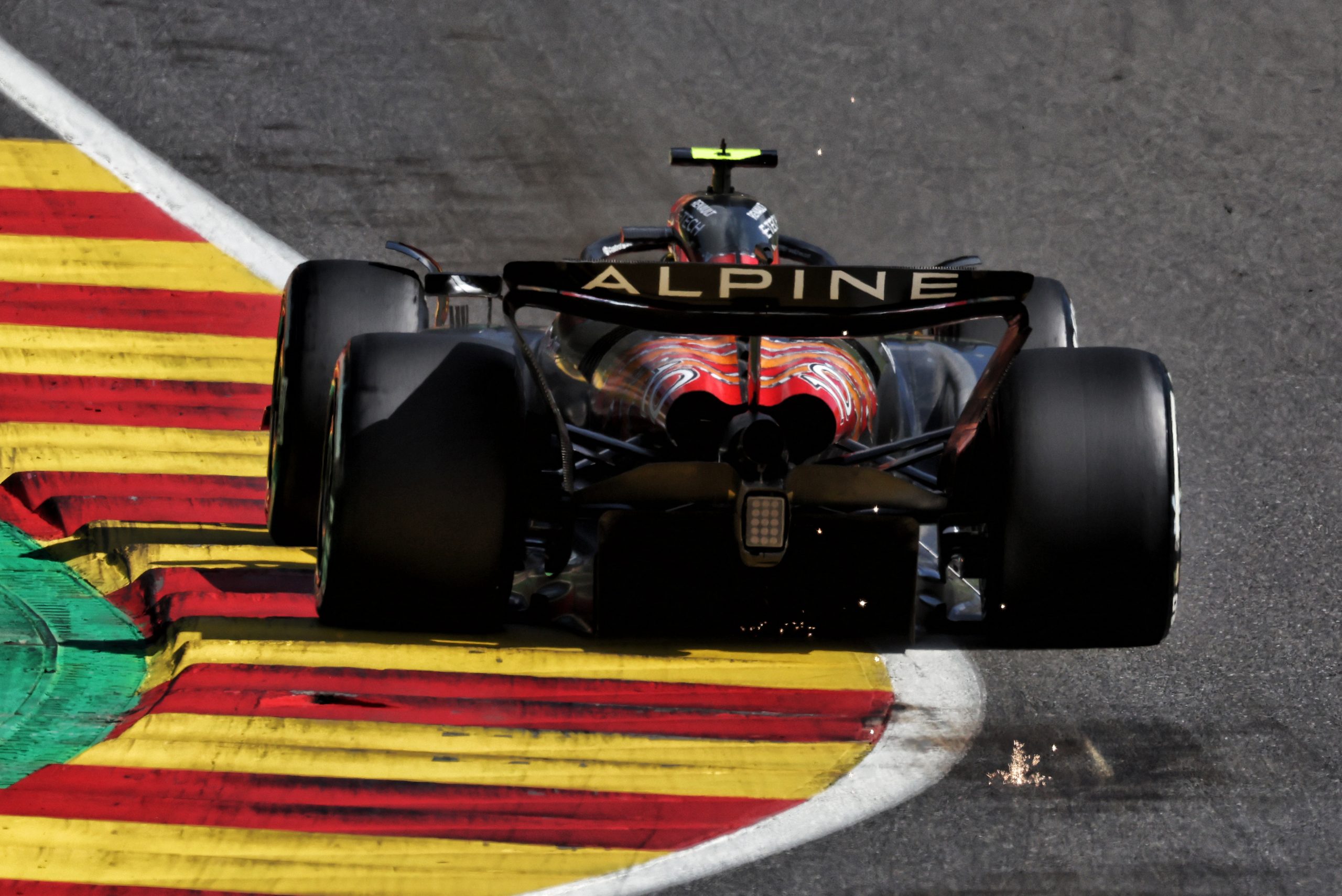
Christian Horner, whose Red Bull team reaped for many years the benefits but also the shortfalls of Renault’s expertise, offered a more sympathetic view.
“It’s always sad to see an engine manufacturer go. Viry has been involved in Formula 1 for many, many years,” he said. “I understand they have other projects that they are involved in.
“They supplied engines to us for many years, so we know quite a lot of the people there and wish them well for the future.”
Ferrari team principal Fred Vasseur, who spent many years with Renault earlier in his career, expressed his sadness for the people working at the manufacturer’s engine department at Viry-Châtillon
“I’m more focused on the people of Renault,” he said.
“I know very well the company that I spent years with them. I started my career in 1992 with Renault and I’m profoundly attached to Renault and I think it’s a shame.”
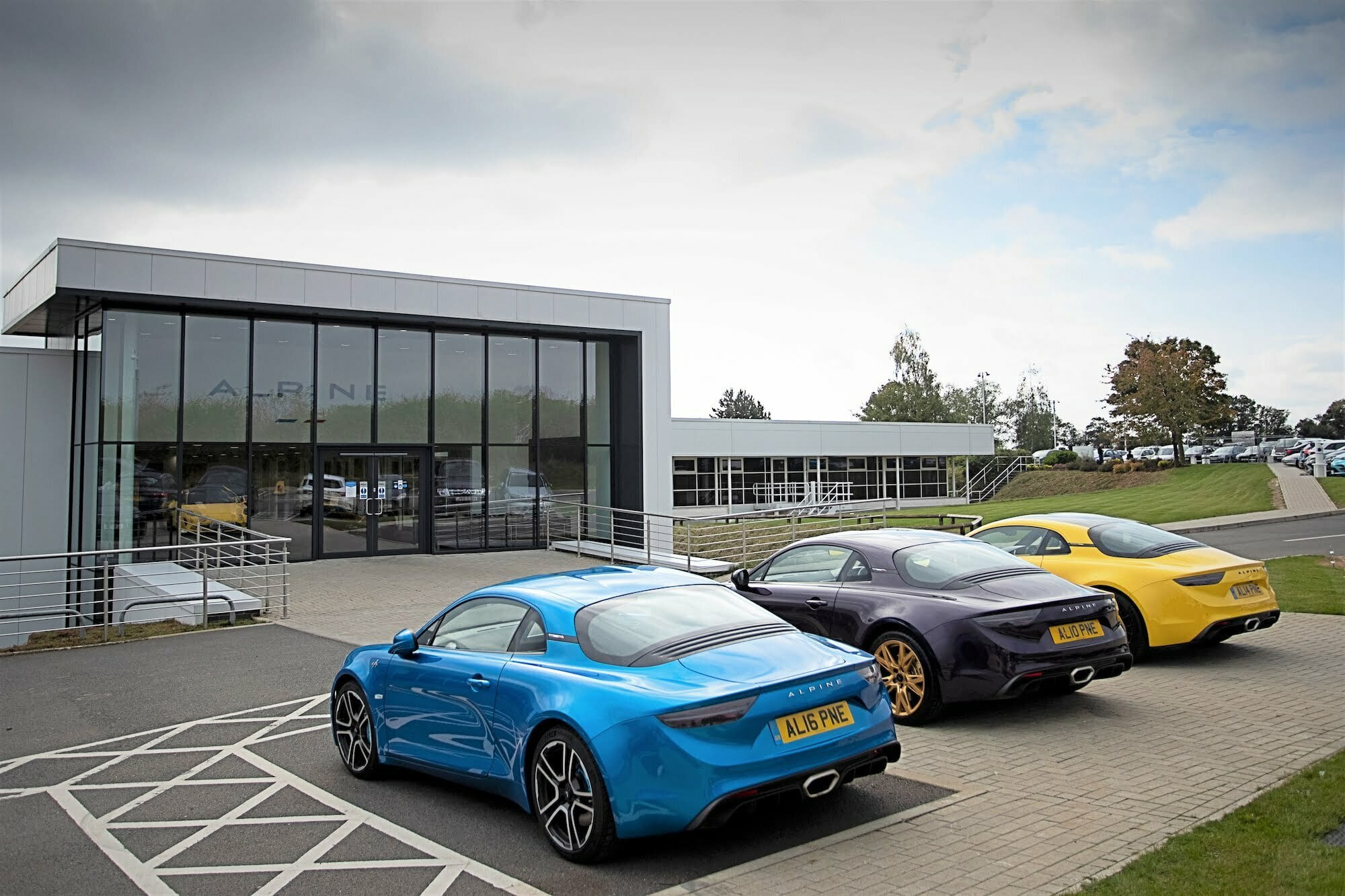
©Alpine
As Alpine prepares to refocus its efforts on its car brand and explore a technical partnership with Mercedes, the French manufacturer faces the significant challenge of securing the approval of its workforce at Viry before pressing ahead with its plans.
“There are a lot of activities even if Formula 1 is the most part of the activities of course,” recently explained Famin.
“And now we will have to create new activities more on the very high-level engineering side to get the best use of the skills of the people if they are happy to stay.”
Keep up to date with all the F1 news via Facebook and Twitter





